“If you’ve ever been homesick, or felt exiled from all the things and people that once defined you, you know how important welcoming words and friendly smiles can be.” –Stephen King
In early April Tim and I celebrated our 23rd anniversary of living in England. Having spent the first 21 of those years on the southeastern edge of the city of Birmingham, the move to this area found me struggling to define my new ‘patch’: the place to begin building connections and making a home.
What exactly IS my community? Simply labeling it Birmingham felt too fuzzy and impersonal; I craved a hook on which to hang my hat: a distinct sense of place where I could discover the heartbeat and begin making my own contributions. After a casual remark provided me with the Summerfield place name, I began searching for opportunities to make friends.
With so many years spent in the same location, I was a bit rusty with the whole developing friendships in the new community thing. When our children were young we depended heavily on school-gate conversations and Parent Association gatherings to form relationships. As empty nesters without those natural opportunities, I was at a bit of a loss. Chance encounters were frustratingly brief and lacked substance. Let’s face it: there is a limit to the depth of friendship you can create talking about the weather!
When I learned about the Summerfield Place of Welcome, I was eager to visit. Introverted by nature, my first step through the door was a bit daunting. I needn’t have worried; I was warmly greeted and soon found myself enjoying a cup of coffee and being welcomed into conversation like an old and treasured companion. Having entered as a stranger, I left with some newly forming friendships. This Tuesday morning place of unconditional welcome has now become a happily anticipated part of my week.
The Place of Welcome meets a variety of needs for those of us who gather: a weekly respite for otherwise lonely days; a kind word and warm hug during a challenging season of life; a renewed sense of purpose and belonging while working with others on the community garden; the opportunity to buy good food provided by The Real Junk Food Project Brum on a pay-as-you-feel basis. And others like myself have found this a place where friendships can develop and grow. And the times of meeting together are helping me to more clearly hear the heartbeat — and deeply appreciate the rich diversity — of my community. MY community. Those two simple words speak volumes to me.
Please come join us! All are welcome.

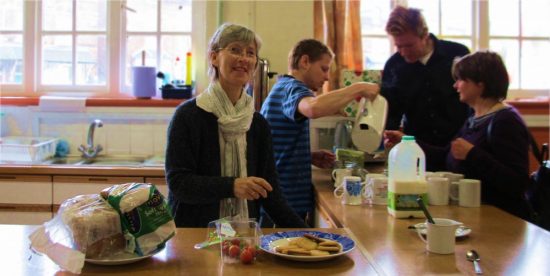
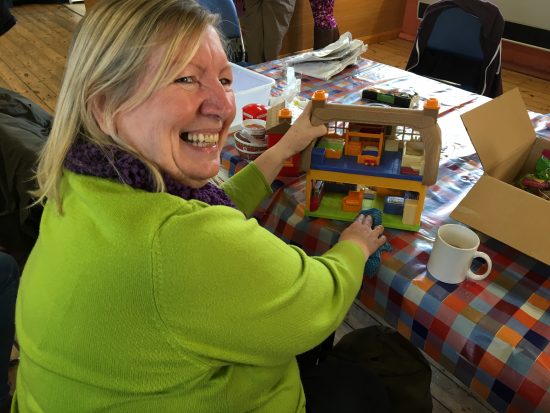
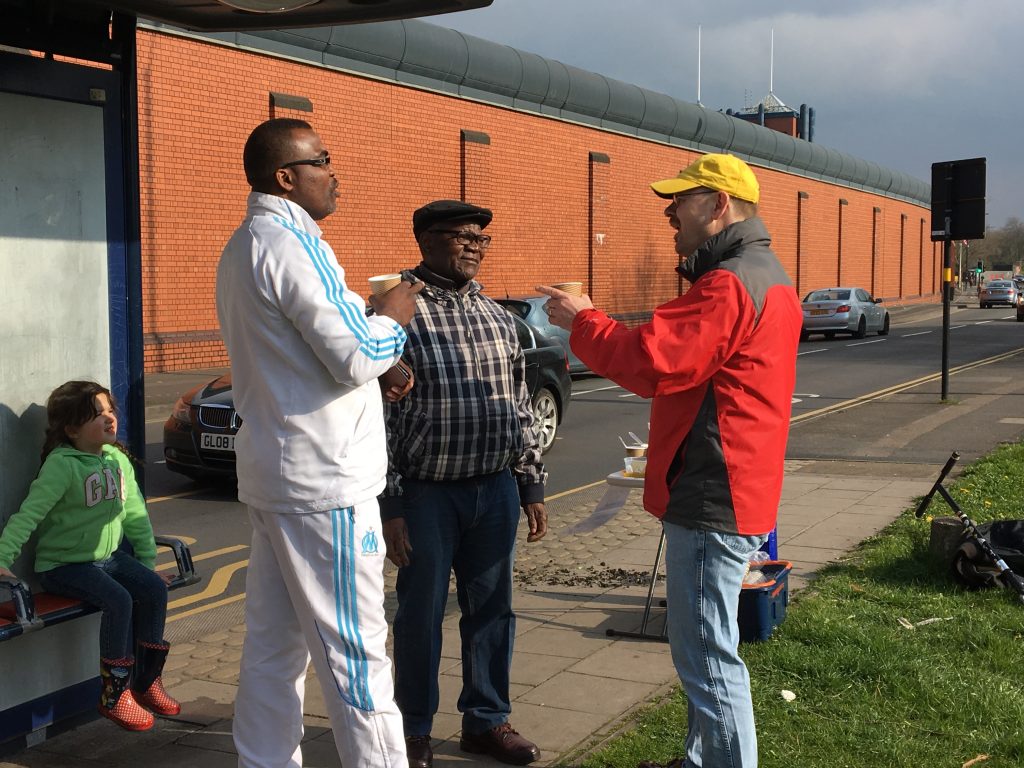
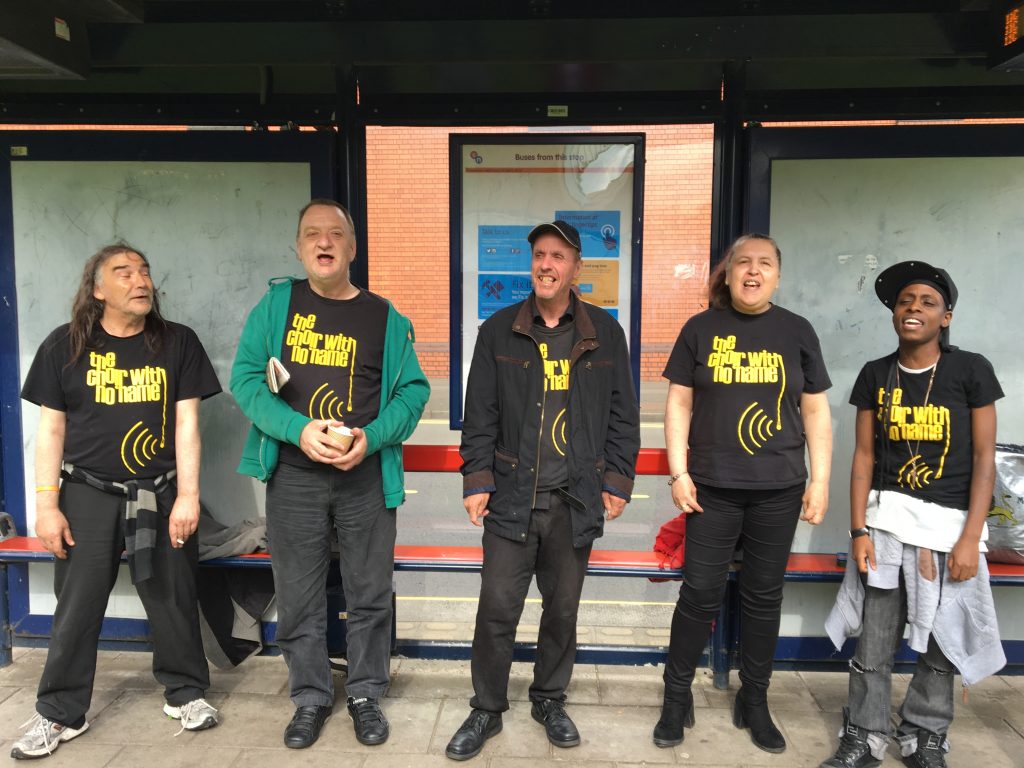
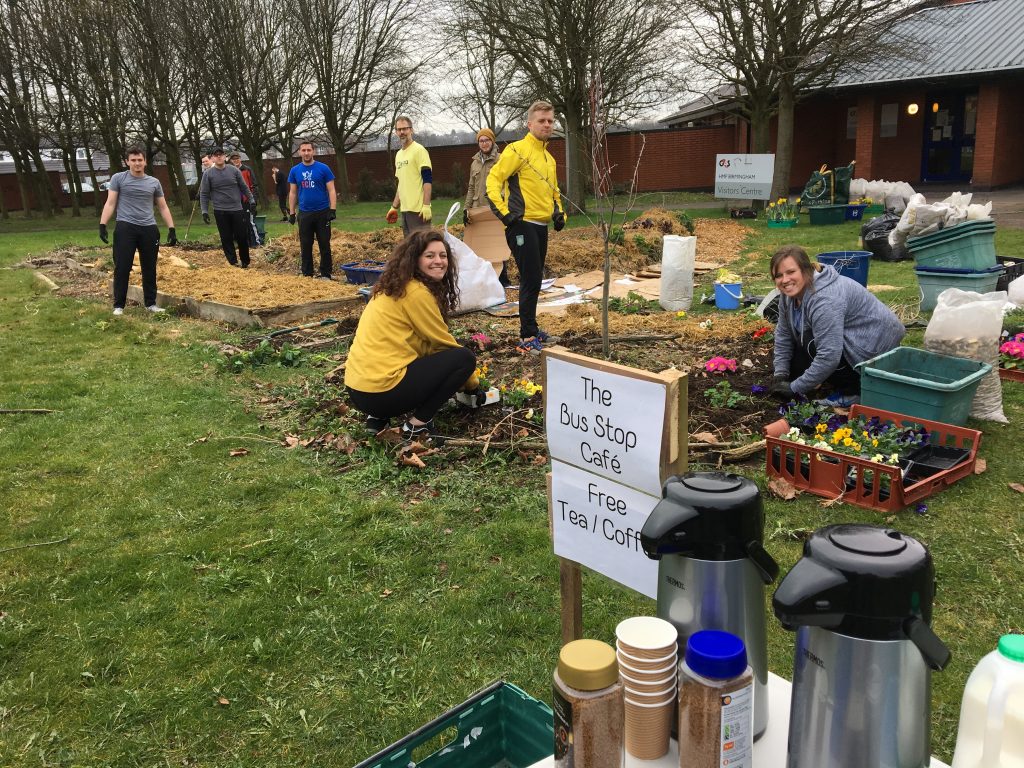

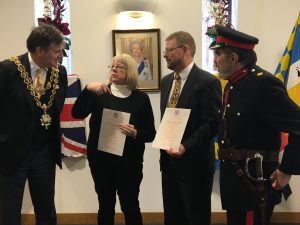
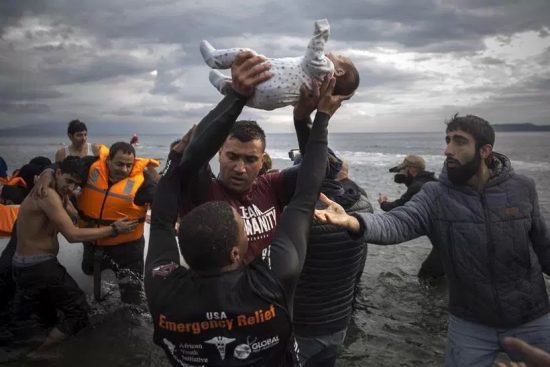
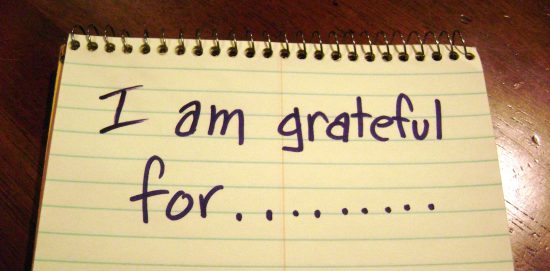
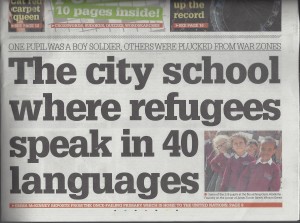

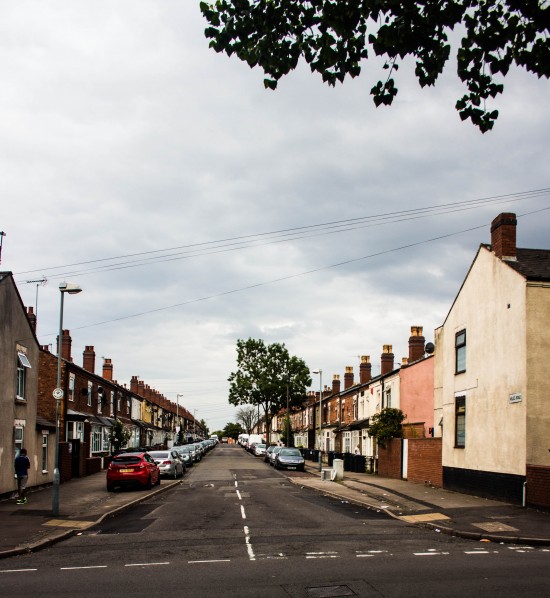


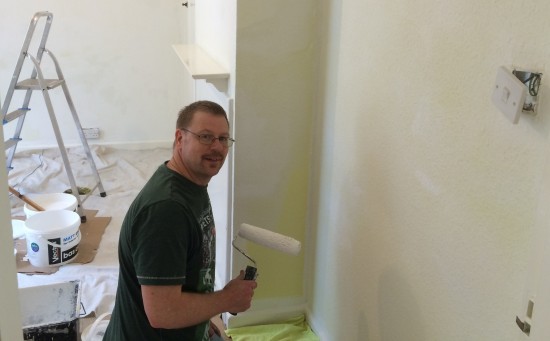
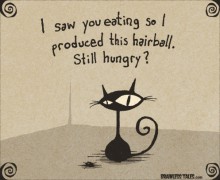
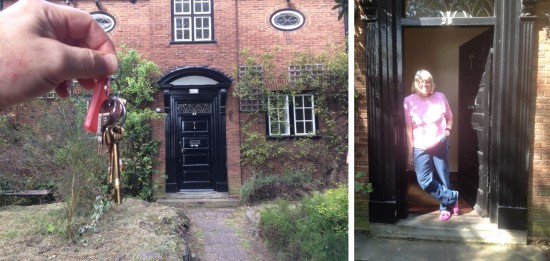
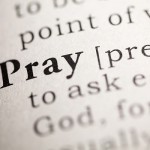
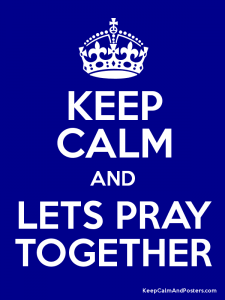

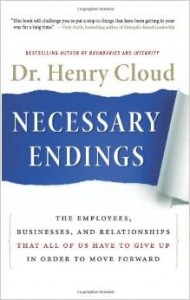

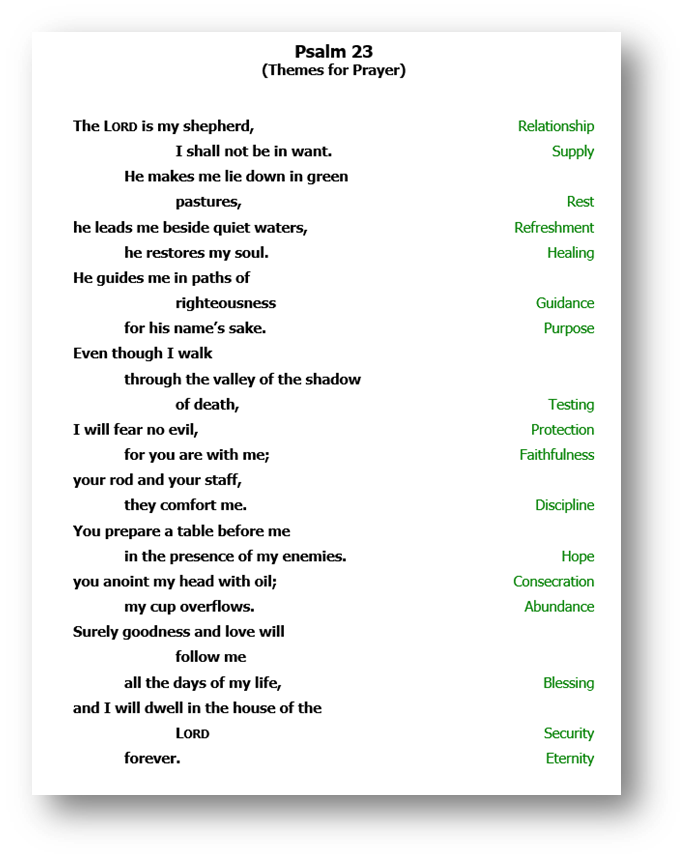
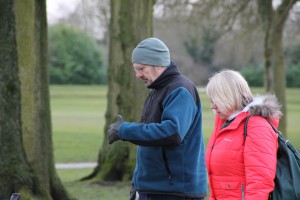
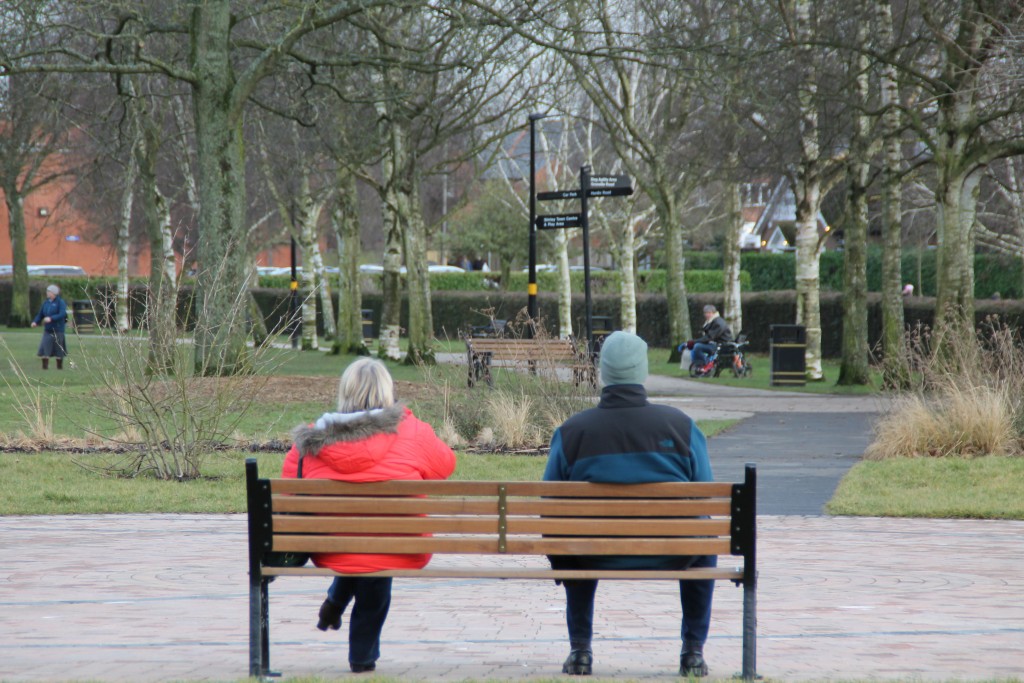
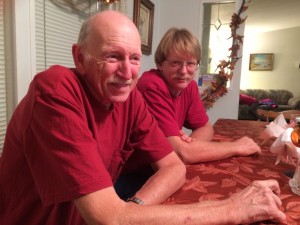
 timothy.c.aho
timothy.c.aho timothyaho
timothyaho